Buy Ikgdar : Rituximab 100 mg/10 ml Injection Online
$177.14
Brand Name: Ikgdar
Active Ingredient: Rituximab
Manufacturer: Emcure Pharmaceuticals Ltd.
Strength: 100mg
Dosage Form: Injection
Packaging: Pack of 1 Vial
Prescription Requirement: Yes
Ikgdar is a brand of Rituximab injection which is an immunosuppressant medication used to treat certain autoimmune diseases and cancers. It is a monoclonal antibody drug that is designed to target a specific protein on the surface of B-cells, which helps to regulate the immune system.
Composition:
Ikgdar contains 100 mg of Rituximab, which is a chimeric monoclonal antibody produced using recombinant DNA technology.
Uses:
Ikgdar is used to treat various autoimmune diseases like rheumatoid arthritis, granulomatosis with polyangiitis, microscopic polyangiitis, and pemphigus vulgaris. It is also used to treat certain types of lymphomas, including follicular lymphoma, diffuse large B-cell lymphoma, and chronic lymphocytic leukemia.
Usage and Dosage:
Ikgdar should be administered by a healthcare professional through a slow intravenous infusion over several hours. The dosage and frequency of administration depend on the specific condition being treated and the patient’s health status. Generally, for the treatment of rheumatoid arthritis, a single dose of 1000 mg is administered once every six months. For lymphoma, a weekly dose of 375 mg/m2 is administered for 4-8 weeks.
Storage Conditions:
Ikgdar should be stored at a temperature between 2°C to 8°C in its original packaging. It should be protected from light and freezing.
Mechanism of Action:
Ikgdar works by targeting the CD20 protein on B-cells, which helps regulate the immune system. By binding to these cells, Rituximab causes them to die, reducing the overall number of B-cells in the body. This helps to reduce inflammation and symptoms associated with autoimmune diseases.
Contraindications:
Ikgdar is contraindicated in patients who have a history of severe allergic reactions to Rituximab or any of its components. It should also be avoided in patients with severe infections, active hepatitis B, or a history of progressive multifocal leukoencephalopathy.
Interactions:
Ikgdar can interact with certain medications like live vaccines, immunosuppressants, and biologic agents. It is important to let your doctor know about all medications you are taking before starting Ikgdar.
Side Effects:
Common side effects of Ikgdar include fever, chills, nausea, vomiting, and headache. Other side effects may include rash, itching, hives, low blood pressure, difficulty breathing, and chest pain. These side effects can usually be managed with medication and close monitoring by a healthcare professional. In rare cases, Rituximab can cause serious side effects like infection, heart problems, and neurological complications. It is important to discuss the risks and benefits of Ikgdar with your doctor before beginning treatment.
Be the first to review “Buy Ikgdar : Rituximab 100 mg/10 ml Injection Online” Cancel reply
Related products
Anti Cancer
Anti Cancer


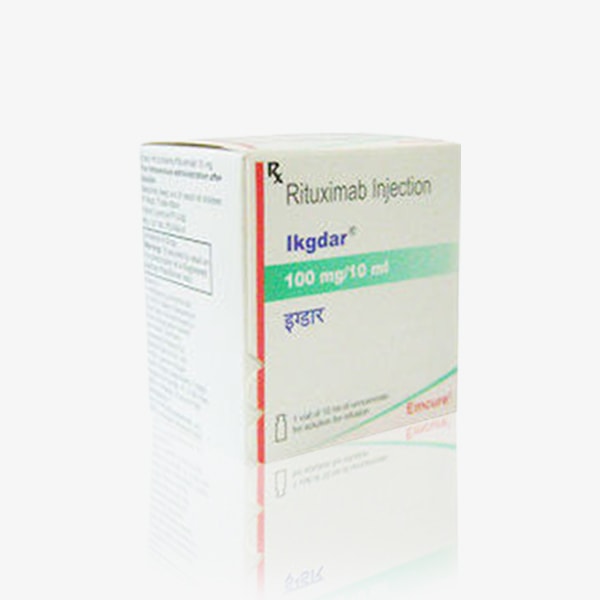
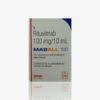
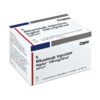

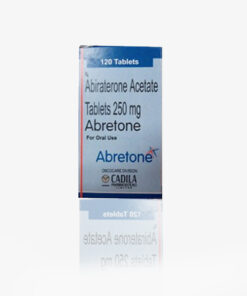
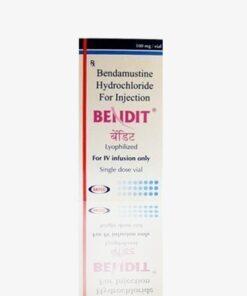


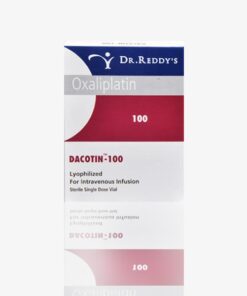
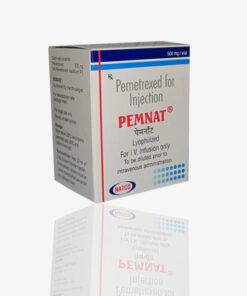
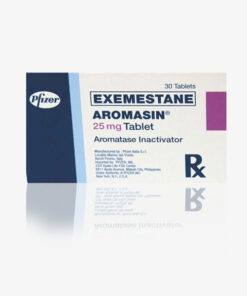
Reviews
There are no reviews yet.